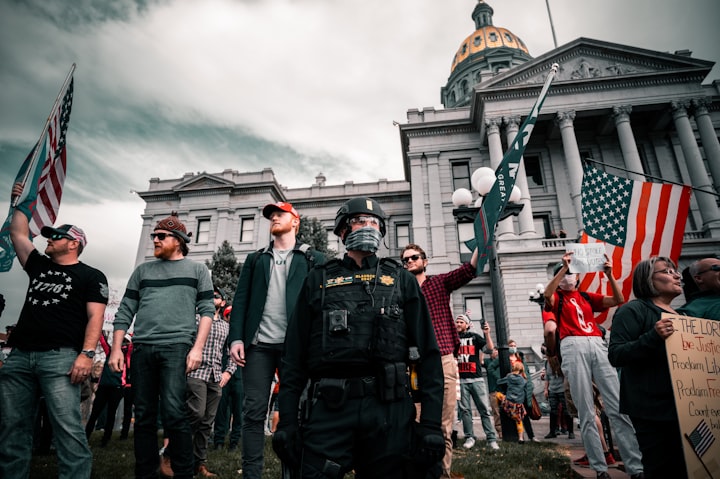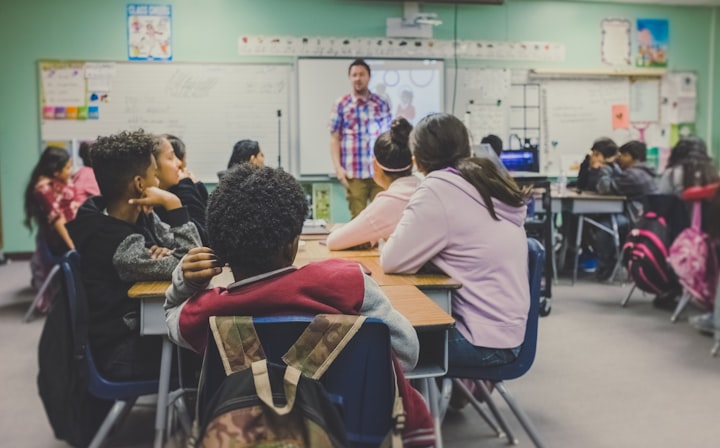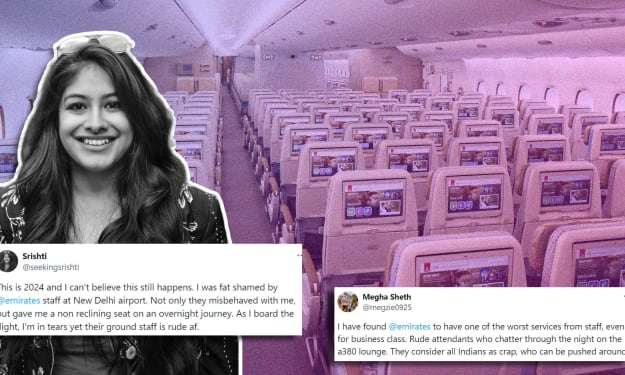Navigating the Digital
Social Media's Influence on the Republican Primary.

In the ever-evolving landscape of political campaigns, social media has emerged as a powerful force, profoundly shaping public opinion and influencing the strategies of Republican primary candidates. This digital battleground not only serves as a platform for candidates to communicate directly with voters but also amplifies the rapid spread of information and misinformation alike.
*The Rise of Digital Campaigning*
As the Republican primary unfolded, candidates recognized the need to harness the vast reach of social media platforms. Twitter, Facebook, Instagram, and other platforms became virtual town halls where candidates engaged with voters in real-time, sharing their policy positions, addressing concerns, and showcasing their personalities beyond traditional campaign events.
*The Twitter Effect*
Twitter, with its succinct format, played a pivotal role in the Republican primary. Candidates utilized the platform to make concise policy statements, respond to opponents, and connect with voters. Hashtags like #GOPPrimaryInsights became virtual meeting places for political enthusiasts, fostering discussions and shaping narratives.
*Facebook's Impact on Voter Outreach*
Facebook, known for its extensive user base, became a crucial tool for targeted outreach. Candidates crafted personalized messages and advertisements, reaching specific demographics within the Republican voter base. The platform's ad targeting features allowed campaigns to tailor their messages based on location, interests, and demographics, maximizing their impact.
*Instagram: Humanizing Candidates*
In the visually-driven realm of Instagram, candidates worked to humanize their public image. Behind-the-scenes glimpses, family photos, and lighthearted moments showcased the personal side of candidates, fostering relatability among voters. Instagram Stories became a dynamic tool for delivering real-time updates, creating a sense of immediacy.
*The Challenge of Misinformation*
However, the democratization of information on social media came with its challenges. False narratives, misleading memes, and misinformation campaigns proliferated, posing a threat to the integrity of the primary process. Candidates faced the task of not only managing their official profiles but also addressing and debunking falsehoods circulating in the digital sphere.
*Influencers and Endorsements*
Social media influencers and political endorsements took center stage in the Republican primary. Endorsements from influential figures carried weight, and candidates strategically aligned themselves with well-known personalities who could sway public opinion. Influencers, with their large followings, became conduits for spreading campaign messages and mobilizing support.
*Real-Time Feedback and Adaptation*
One of the unique aspects of social media's impact on the Republican primary was the ability for candidates to receive real-time feedback. The immediacy of responses allowed campaigns to gauge public sentiment, understand concerns, and adapt their strategies accordingly. This feedback loop became a crucial component in refining campaign messaging and addressing emerging issues.
*The Virality Factor*
Campaign moments that went viral on social media had a lasting impact on the Republican primary. Whether it was a powerful debate statement, a memorable town hall interaction, or a well-timed campaign event, the virality of content amplified its reach and influence. Candidates strategically crafted moments with the potential to resonate across digital platforms.
*The Role of Social Media in Voter Mobilization*
Beyond shaping opinion, social media played a pivotal role in voter mobilization. Campaigns utilized targeted ads and calls to action to encourage voter registration, participation in primaries, and volunteer engagement. Digital platforms became instrumental in building grassroots movements and energizing the Republican base.
*The Future of Political Campaigning*
As the Republican primary showcased, social media's role in political campaigning is dynamic and continually evolving. Its influence on public opinion, candidate strategies, and the overall electoral process cannot be understated. The ability to navigate this digital landscape effectively became a defining factor for candidates seeking success in the Republican primary.
In conclusion, the symbiotic relationship between social media and the Republican primary demonstrated the transformative power of digital platforms in shaping the political landscape. From real-time interactions to the challenges of misinformation, the impact of social media on public opinion and campaign strategies is likely to remain a central theme in the future of political campaigning.





Comments
There are no comments for this story
Be the first to respond and start the conversation.